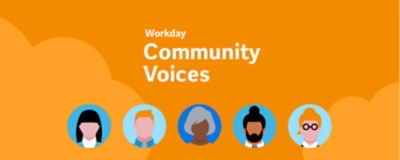Trust in the workplace remains a top priority for both employees and company leaders. And now with workforces being more distributed than ever before, having a high-trust work environment is key to maintaining employee engagement and productivity. I recently spoke to Bob Saccullo, director of people operations at Blackbaud, a leading cloud software company powering social good, about how they’re supporting their workforce in the midst of a pandemic. You can find excerpts from our conversation below.
How did Blackbaud respond when the pandemic first hit?
Blackbaud was able to swiftly shift gears because we had several tools and operations already in place that helped us go from primarily in-person work to remote work. For example, earlier in the year, we rolled out new collaboration tools like Microsoft Teams and Webex across the company. Also prior to the pandemic, we implemented security capabilities such as multi-factor authentication that allowed employees to safely work from anywhere. We also had existing business continuity plans in place and had tested work-from-home scenarios, so we were comfortable shifting our operations when the time came. On the HR side, we had virtual interviewing tools in place and began to rely on them heavily to maintain a great candidate and hiring manager experience.
During the pandemic, our IT team worked hard to deliver innovation and improve the technology our employees use every day. We implemented better digital tools for our sales, marketing, and services teams to engage and support our customers. We also shifted our in-person onboarding process to be completely virtual, and configured more automation withinWorkday Human Capital Managementto collect documents that had normally been collected in person.
Overall, I credit our agility to our managers and the trust they had in their teams—and vice-versa, the trust that employees have had in their leaders. Our employees have proven themselves during this challenging time by maintaining focus and innovating for our customers. Our customers, I should note, are relying on our technology now more than ever. Blackbaud’s goal is to ensure that our workplace culture continues to reflect our values and support our people, customers, and communities, whether we are in person or remote.







